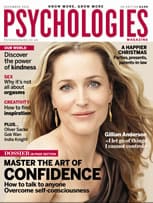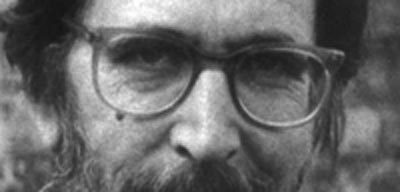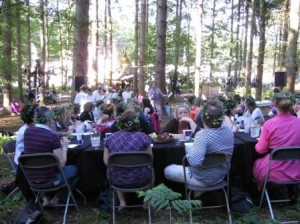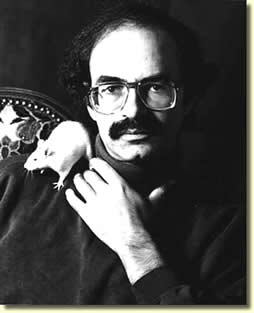 To celebrate the Winter Solstice – or Christmas if that is your festival of choice – I invite you to read one of the most moving pieces of empathic fiction ever written. It is a short story by Ursula Le Guin, ‘The Ones Who Walk Away From Omelas’, first published in 1973. Le Guin says she based her psychomyth parable on an idea from the philosopher William James where he imagined a world in which millions of people could be kept permanently happy on the single condition ‘that a certain lost soul on the far-off edge of things should lead a life of lonely torment’. Here is the story in full. Continue reading
To celebrate the Winter Solstice – or Christmas if that is your festival of choice – I invite you to read one of the most moving pieces of empathic fiction ever written. It is a short story by Ursula Le Guin, ‘The Ones Who Walk Away From Omelas’, first published in 1973. Le Guin says she based her psychomyth parable on an idea from the philosopher William James where he imagined a world in which millions of people could be kept permanently happy on the single condition ‘that a certain lost soul on the far-off edge of things should lead a life of lonely torment’. Here is the story in full. Continue reading
Category: philosophy
Is kindness good for you?
 Just in case you missed it, yesterday – November 13 – was World Kindness Day. As part of the global festivities, I was interviewed by Rosie Ifould in the latest issue of Psychologies Magazine about the relationship between kindness and empathy. As I point out, kindness is not without its problems:
Just in case you missed it, yesterday – November 13 – was World Kindness Day. As part of the global festivities, I was interviewed by Rosie Ifould in the latest issue of Psychologies Magazine about the relationship between kindness and empathy. As I point out, kindness is not without its problems:
‘It can sometimes be a little too easy to describe actions as “kind”. If a wealthy individual gives away some money to a charity, how valuable is their gift if it hasn’t involved much of a personal sacrifice?’
‘I once interviewed rich Guatemalan oligarchs who were sometimes “kind” to their indigenous coffee plantation workers – for instance giving them days off for special Mayan festivals. But these same oligarchs also exploited their workers terribly, paying them less than the minimum wage and subjecting them to racist abuse. Kindness does not necessarily require having a sense of social justice, which is one of its weaknesses.’
You can read the full interview here.
On a related matter, some people try to be kind to themselves by shopping. But as I discuss in a recent article on the art of shopping in The Observer Magazine, we are in danger of making a Faustian bargain.
Time to get off the analyst's couch?
The history of outrospection is yet to be written. But when it is, you can bet the name of Peter Singer will be there. Singer is one of the world’s most influential moral philosophers, best known for his 1975 book Animal Liberation, which has become a foundational text of the animal liberation movement. But in the 1990s he also wrote another prescient book, How Are We To Live: Ethics in an Age of Self-Interest, which contains the kernels of an outrospective approach to thinking about the world. Continue reading
What a philosopher, certified insane, thinks about his doctors
 I live around the corner from one of the world’s most remarkable streets, Cowley Road in Oxford. It’s a hive of different cultures – Bangladeshi, Moroccan, Chinese, Ukranian – and has a vibrancy that cannot be found in the cobbled medieval lanes of the city centre. It has even been the subject of a fabulous book, Isolarion: A Different Oxford Journey, by James Attlee, in which the author wanders up Cowley Road philosophising about the sex shops and curry houses. But if there is one thing that makes Colwey Road truly remarkable, it is Alan Human. Continue reading
I live around the corner from one of the world’s most remarkable streets, Cowley Road in Oxford. It’s a hive of different cultures – Bangladeshi, Moroccan, Chinese, Ukranian – and has a vibrancy that cannot be found in the cobbled medieval lanes of the city centre. It has even been the subject of a fabulous book, Isolarion: A Different Oxford Journey, by James Attlee, in which the author wanders up Cowley Road philosophising about the sex shops and curry houses. But if there is one thing that makes Colwey Road truly remarkable, it is Alan Human. Continue reading
Plato's Symposium at the Latitude Festival

I don’t wear a mauve toga very often. But it was my fashion item of choice at this year’s Latitude Festival, the annual extravaganza of music, theatre, comedy and literature held deep in the Suffolk countryside. On behalf of The School of Life, I hosted one of the more unusual events on the programme – a recreation of Plato’s Symposium, the first great conversation in the history of the art of living. Continue reading
